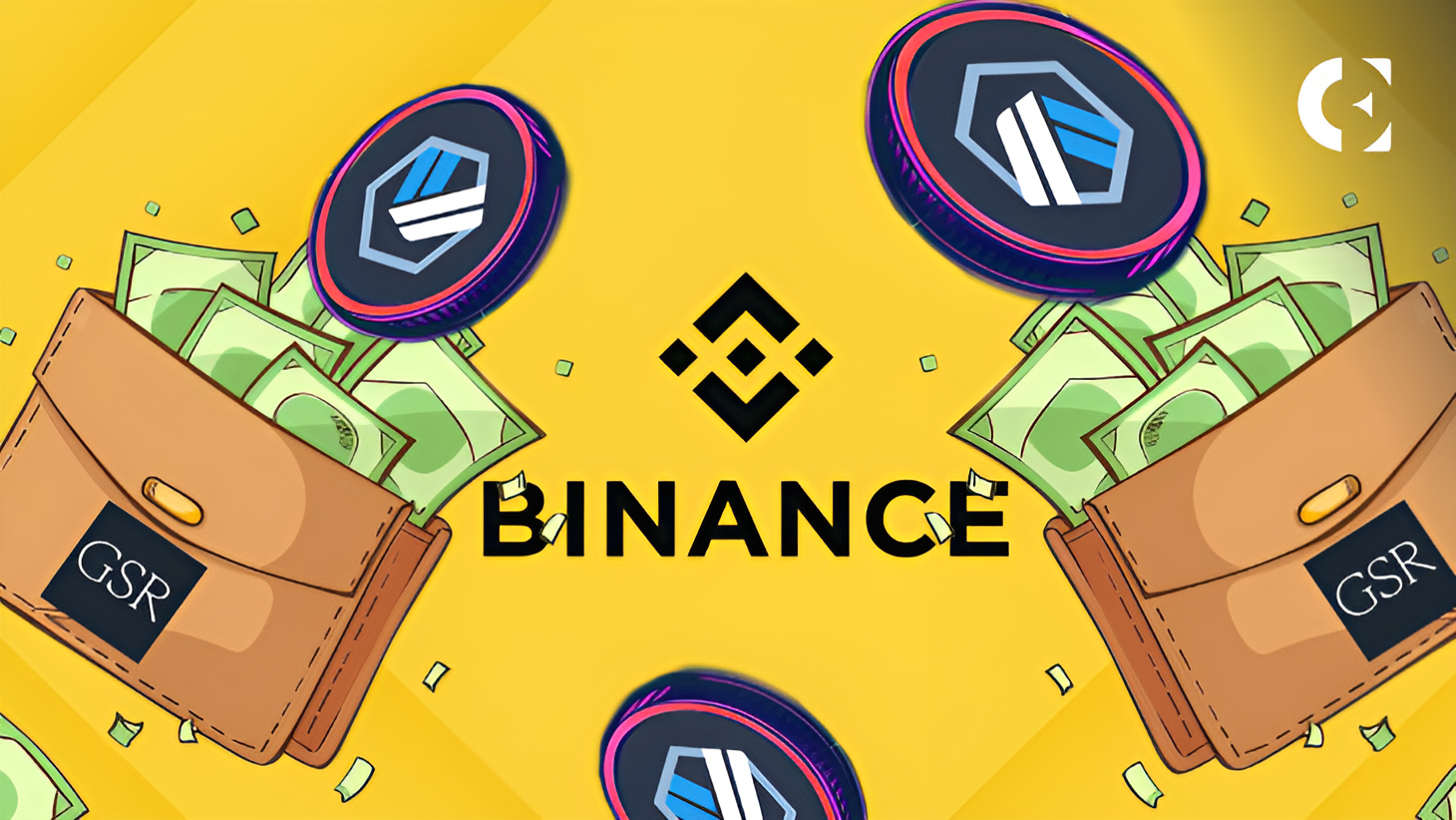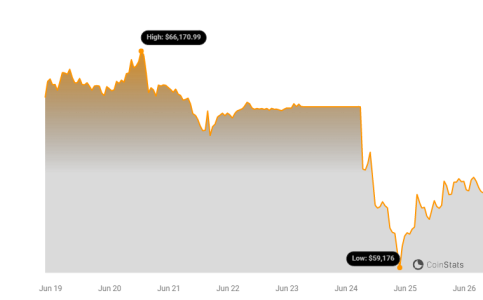South Korea’s Sweeping Crypto Regulations Threaten Hundreds of Bitcoin and DAO Coins with Delisting
- South Korea is introducing a stringent regulatory framework that threatens to delist hundreds of cryptocurrencies.
- Exchanges in the country must evaluate digital assets for reliability, security, and legal compliance.
- This regulatory crackdown may significantly affect both domestic exchanges and the global cryptocurrency market.
Discover how South Korea’s new cryptocurrency regulations could reshape the market by delisting non-compliant digital assets and the impact on global crypto trading.
South Korea’s Regulatory Crackdown: A New Era for Cryptocurrencies
South Korea’s cryptocurrency market is on the cusp of a significant transformation due to a comprehensive regulatory overhaul set to commence in July. Approximately 600 virtual assets will be rigorously evaluated against established standards, with non-compliant assets facing potential delisting. The introduction of these measures underscores the government’s commitment to tighter oversight and enhanced market integrity.
Implications for Crypto Exchanges
Key domestic exchanges such as Upbit, Bithumb, Coinone, Korbit, and Gopax are at the forefront of this regulatory shift. They are required to perform initial reviews of listed assets, ensuring compliance with new directives. According to financial regulators, the Virtual Asset User Protection Act, effective from July 19th, will guide these best practices. An official from the financial authorities mentioned that the guidelines cover several crucial aspects.
Evaluation Criteria for Digital Assets
The regulatory review process for digital assets will focus on several parameters: the reliability of issuing entities, adequacy of user protection measures, technological security, and overall legal compliance. Cryptocurrencies that fall short of these standards will face trading suspension. Nevertheless, certain assets like Bitcoin and DAO-issued coins could benefit from alternate screening methods. For instance, digital assets traded on well-regulated overseas markets for over two years might receive some leniency.
Potential Impacts on the Market
This regulatory framework aims to shore up investor confidence and safeguard market stability. Yet, its implications extend beyond South Korean borders, potentially influencing international market dynamics. The stringent regulations may pose challenges for global exchanges like Crypto.com and Binance, which have previously encountered regulatory hurdles in South Korea. Critics argue that this ‘crypto isolationism’ fosters monopolistic tendencies among domestic exchanges, leading to higher trading costs for users. Currently, Dunamu leads the domestic market with a 65% share, followed closely by Bithumb at 30%, as per CoinGecko’s reports.
Conclusion
South Korea’s latest regulatory interventions are poised to reshape the local and global cryptocurrency landscape significantly. As exchanges adapt to new compliance requirements, many digital assets could face delisting, compelling investors to reassess their portfolios. This period of transition presents a critical juncture for market participants, emphasizing the need for adaptability and vigilance in navigating the evolving regulatory environment.






